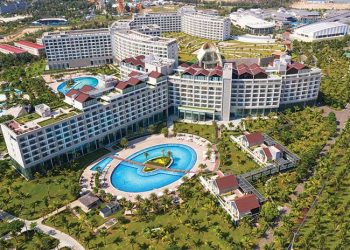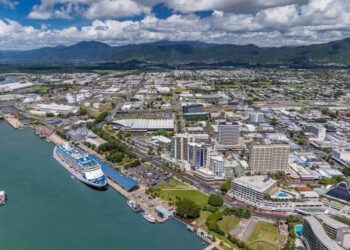The Philippines Anti-Money Laundering Council (AMLC) has warned of an “increasing level of threat to money laundering and other fraudulent activities” in the country’s online gaming industry as a result of unregulated and unsupervised service providers.
Releasing its study on internet-based casinos this week, the AMLC highlighted a range of issues with the Philippine Offshore Gaming Operators (POGO) industry, primarily around the role played by service providers (SPs). Under the Philippines’ online gaming model, there are currently 59 licenses POGOs under which 218 SPs are operating various online gaming sites.
The AMLC noted a range of issues it faced while attempting to conduct onsite compliance checks of the POGO industry, namely the lack of local agents and authorized representatives in the Philippines despite regulations requiring the presence of a local agent whose obligations include completing the documentary requirements during application for gaming operations.
The AMLC also said it could not locate the compliance officers of any POGOs at any provided addresses, with SPs unaware of their existence, and that the POGOs it visited had no anti-money laundering (AML) or counter-terrorism financing (CTF) compliance units.
“There is a low level of AML/CTF awareness and regulation,” the AMLC said.
“Generally, POGOs and IGLs are a lesser threat compared to their SPs. PAGCOR and AMLC jointly supervise POGOs on AML/CTF matters, thus POGOs are subject to the obligations under the AMLA, as amended. SPs, on the other hand, are merely accredited and not licensed by PAGCOR.”
On the issue of SPs, the Council said there are a “high number of unregulated or unsupervised SPs. As not all SPs are within the realm of AML/CTF supervision, they are prone to abuse and exploitation by criminal organizations.
“In 2019, local authorities shut down around 200 Internet-based casinos and SPs, illegally servicing online gaming operations. In the same year, the local government also ceased the operations of one of the largest SPs for Internet-based casinos. The said SP was allegedly linked to an individual and entity subject of an AML investigation in relation to the Bangladesh Bank heist.”
There is also a “low level of beneficial ownership identification,” the AMLC noted.
“Because the use of gaming accounts is not closely regulated by POGOs, the level of anonymity is high. Thus, accounts may be used for money laundering and fraudulent activities.”
In response, the Council has called for a “collective mitigation strategy with concrete actions” to be applied to SPs in particular, including increased AML/CTF supervision, better regulation of both POGOs and SPs, reevaluation of POGO licenses and closer cooperation between enforcement agencies.
“The study serves as a tool to inform stakeholders on the risks to money laundering of Internet-based casinos and to guide decision-makers in crafting policy initiatives,” the AMLC said.































